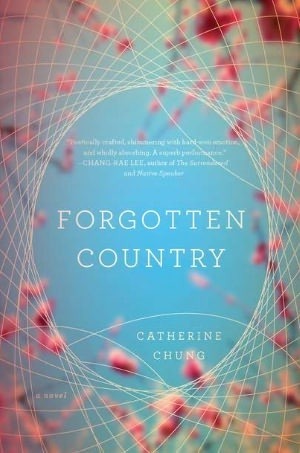What do you think?
Rate this book


296 pages, Hardcover
First published March 1, 2012

She watched the deer skim over land no human foot had ventured to cross in twenty years.This book has a lot of that, along with family dynamics I'd interpret along the lines of Battle Hymn of the Tiger Mother if I didn't know any better. The authority here is an attentive one, one that demands and obliges, a close unit of ties that are a mix of loving adherence and gasping flight as anything else that exists between human beings, as usable and abusable as those of a white family and their distance. Certain patriarchal tendencies are more explicit, the same breed that would have made my friend an only child had she been a son, but I'm reading Kristin Lavransdatter right now, and I have to wonder how much European derived civilizations have changed in the last six centuries in regards to preferred gender. I no longer need to come with a dowry, but I would still have to lose my name.
If I didn't know it was math, I'd think it was art.As gorgeous as the cover is, I am glad that the content does not follow in its spidery pink steps. Power plays are everywhere and it does not take much for violence to follow, between soldier and civilian, between child and child, individual and family and death and life. If you have ever hated how much you have loved a family member, if you have ever tested the limits of freedom and found worse things than what has been inflicted on you by your kin, if you would kill them and be killed for them in the space of a heartbeat, acting beyond all thought of propriety and social heritage, this one is for you.
There is no reason to be proud that there is nothing you can do for him. It does not put you above us. One day you will be here, too.